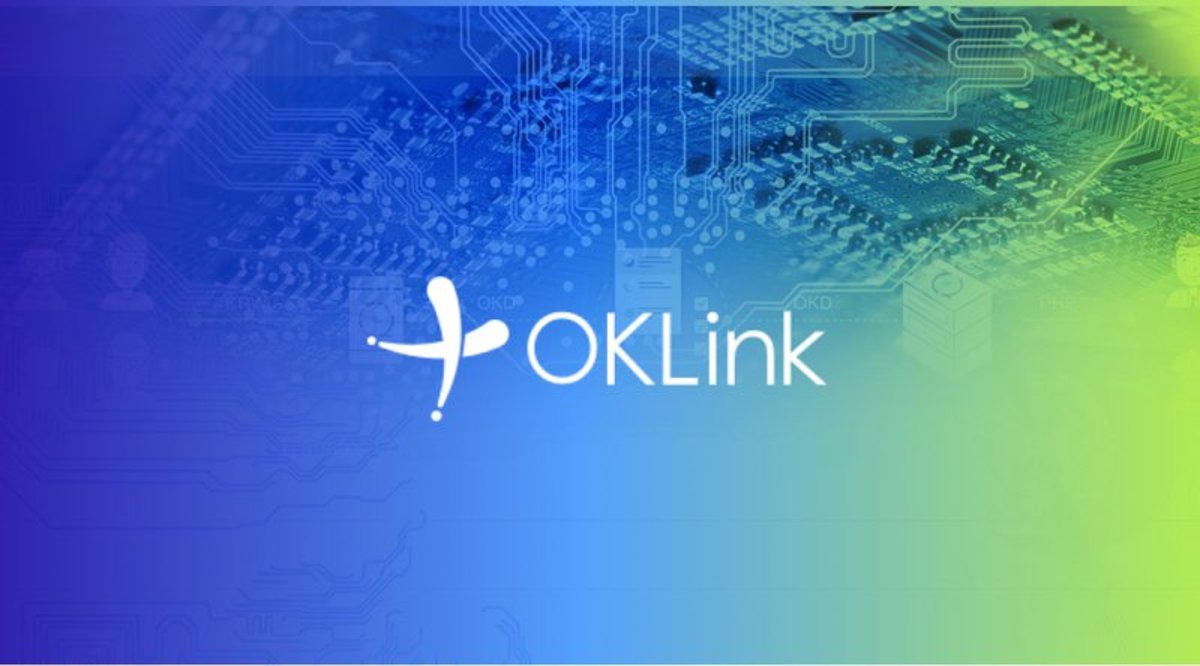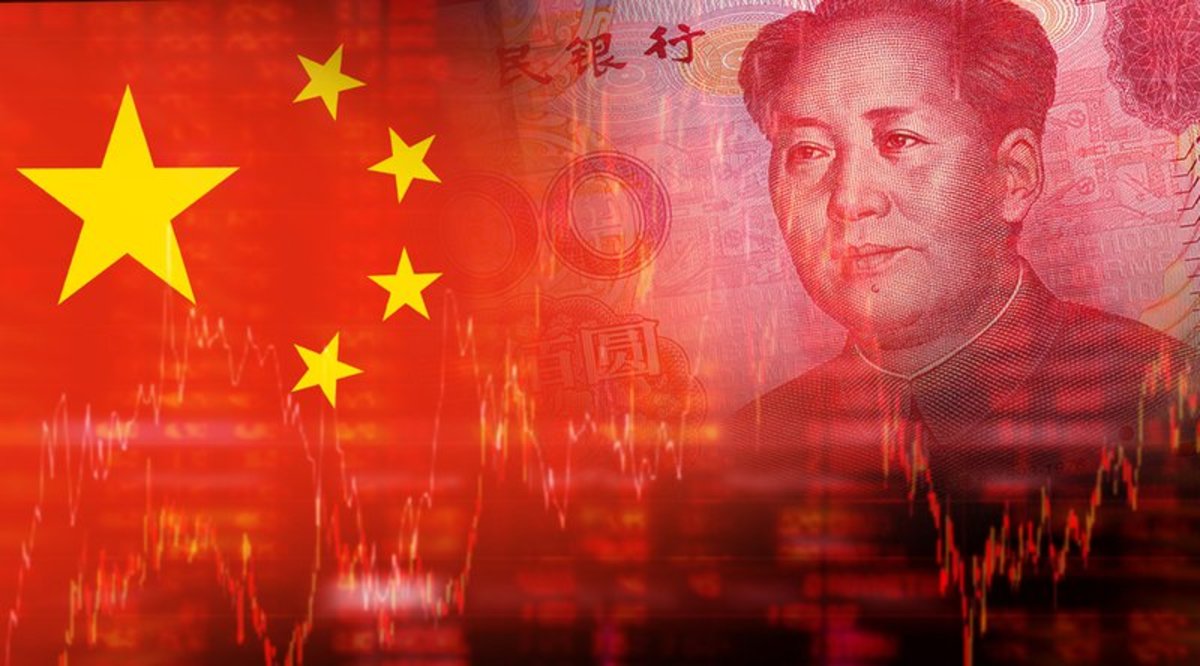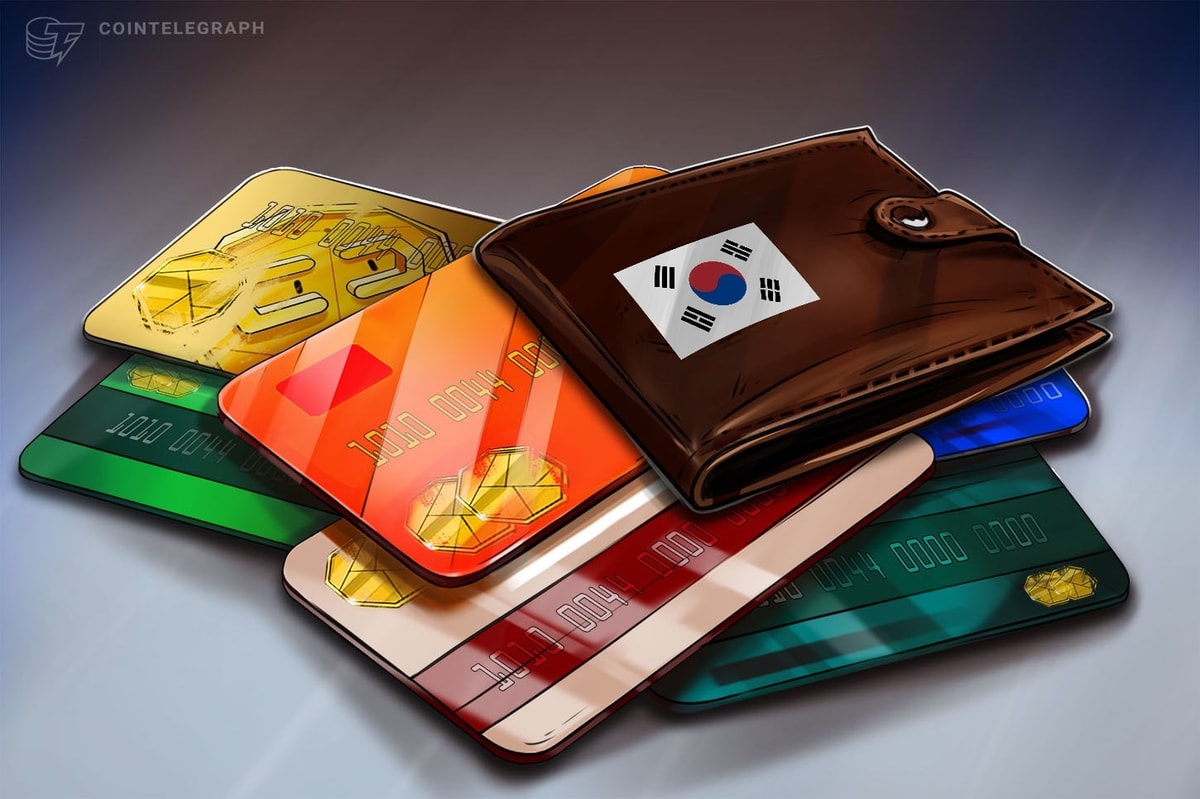
In October 2015 Bitcoin Magazine covered the launch of OKLink, an open digital wallet created by Chinese Bitcoin exchange OKCoin, designed to allow national and digital currencies to instantly transact across borders and currencies, with no fees.
“We can hide Bitcoin technology in the background,” said OKLink Chief Strategy Officer, Jack Liu, “and that’s what we have launched with a product called OKLink: a mobile wallet that allows you to hold a more comfortable type of value, like USD or CNY, but transact over the Bitcoin network.”
Now incorporated as a subsidiary in Hong Kong and styling itself as a global blockchain money transfer network, last month the OKLink team offered $100 million in free remittance trades to international remittance partner companies in order to promote their service and accelerate growth.
"When we launched the wallet version of OKLink, we realized that there needed to be a common network used by all Blockchain based wallets, and that's what inspired us to build the platform as a money transfer network," said Liu.
Now OKLink is announcing partnerships with Korean fintech startups — including Coinplug, Coinone, Bluepan, MOIN, Sentbe, Finshot, Streami, Wisending and Bithere — to offer blockchain-powered remittance services in Korea. The initiative will offer Korean customers low cost money transfers to more than 20 payout countries on the network, including the Philippines, China, Japan, India and Indonesia.
“As OKLink launches a fast, cheap and transparent blockchain transfer system, we are excited to work with Korea’s innovative fintech sector that is poised to advance Bitcoin and blockchain technology for the betterment of society and consumers,” said Tim Byun, OKLink Chief Risk Officer and Head of Government Relations. “Blockchain technology is at a period in time similar to the internet in the early 1990s. Only recently has the fintech industry began utilizing remarkable advancements in the Bitcoin protocol, including multi-signature technology. Bitcoin and blockchain can benefit from balanced, risk-based regulation and/or oversight and given the opportunity to develop products and services with enormous consumer benefits.”
The company’s ambition is fueled by the Korean government’s decision to institutionalize digital currencies and ramp up fintech development. In fact, in October Korea’s Financial Services Commission (FSC) said they will institutionalize digital currencies such as bitcoin and ramp up the size of average annual policy finance from 500 billion won ($437 million) to one trillion won ($873 million) for the development of fintech.
“We will take the lead in the convergence of new emerging technologies such as digital currencies and blockchains and financial service,” said FSC Chairman Yim Jong-yong, adding that blockchain technology is emerging as the core infrastructure of future finance. The government plans to launch a joint blockchain consortium for the financial industry within the year. “We will create conditions to test fintech services without a burden of regulating them by introducing a financial regulation testbed system and review various regulations and practices against non-financial channels such as verification and user identification.”
This initiative of the Korean government seems significant, and it’s equally worth noting that the FSC signed a cooperation agreement with the Monetary Authority of Singapore (MAS), showing that two of the most dynamic economies on the planet are officially supporting the deployment of distributed ledger fintech.
“In the past three years, governments have taken a diverse approach to foster digital currencies and blockchain technologies,” said Byun. “We applaud the Financial Services Commission’s vision and leadership, along with committing one trillion won for the development of fintech in Korea. We believe this will create conditions to test fintech services without a burden of regulating them, by introducing a financial regulation testbed system and reviewing various regulations.”
“OKLink has developed a new and revolutionary way to solve problems in the traditional money transfer system,” said Ian Suh, Founder and CEO of MOIN, one of the Korean companies in the new remittance network. “The partnership will enable Korean people to send money abroad cheaper, faster and more conveniently. OKLink is going to become the future of global remittance, connecting the world much closer.”
The initiative is being closely watched by regulators and practitioners from all over the world, added Joon Sun Uhr, CEO of Coinplug, which also participates in the network. “Finally the technology has moved away from the concept phase and into the real usage phase,” he said.










